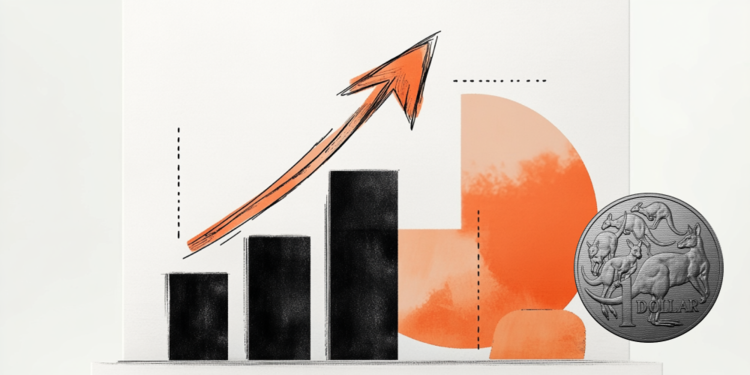Animals as an “antidote” to the loneliness of the elderly and the relief of the sick? A A new approach to caring for the elderly and end-stage cancer patients is the use of animals as a “consolation»- animals that while preferring to be in nature and run freely, may also be used for more noble purposes.
Somehow, the 152 seniors are accommodated in one nursing home of the German city Rudolstadt They come in daily contact with alpacas and llamas, which according to the caretakers of the nursing home are one of the most popular alternative therapies for the elderly.
The head of the nursing home, Tobias Chalinger, emphatically says that patients with dementia respond very well to the company of animals that ask for their caresses.
The animals normally enter the nursing home and take the elevator to the guest rooms. Sometimes they enter the rooms and let the elderly caress them.
Then the animals go down to the garden and whoever wants can go and talk to them or sit with them. And then, as they say elderly, they go up to their rooms with a sense of fullness and joy that they came in contact with these very friendly animals.
After the continuous positive reactions, the managers of the nursing home made the decision and made sure to make these visits of the four-legged, happy animals a regular, pleasant habit.
As the Guardian reports in its article, beneficial effect of llamas and alpacas, has been known for years. Many animals of these two species are already at the center of a promising research initiative in the state of Victoria in Australia.
Australian researchers, as well as so many others fighting for a vaccine against Covid-19, are taking a different approach, using alpacas.
According to the professor Wai Hong Tarm, Head of Infectious Diseases and Immunology Departments at the Walter and Eliza Hall Institute, “The unique immune system of alpacas, may hide the secret of an effective treatment for coronavirus”.
At the same time, researchers from the Australian Nuclear Science and Technology Organization (ANSTO) are working with the Tarm team to study alpaca antibodies.
The scientist explains that the purpose of their research – which revolves around the possibility of administering antibodies to patients who will be able to block coronavirus infection – is not to develop a vaccine, but a treatment that could save the lives of vulnerable groups such as the elderly.
The researchers use a method of nanoparticles, which by utilizing some molecules produce a reaction to an infection. The alpacas, due to their unique immune system, nanoparticles, which appear to better fight the invader of Covid-19 virus, produce a second type of antibody.
The horse-healer
But it is not only alpacas and llamas that are. Healers. In France, a horse with the name Peyo [Πέγιο] not only spends his time consoling patients with end-stage cancer, but he also seems to have the ability to recognize when someone is suffering from volume.
The horse, which belongs to a French a non-profit organization called Les Sabots du Coeur which deals with the treatment of patients in the final stage, belongs to the trainer Hassan Boussakour.
Initially, they participated in equestrian competitions together when Busacour noticed that the His horse always approached people with disabilities or injuries. After extensive research it was found that the Peyo brain has special functions.
They have been visiting together for a few years now daily patients at Calais hospital in northern France with Peyo being very calm, friendly and sociable with the medical staff but also with the patients.
“It is a unique experience to care for a person facing death. “Stand by him and tell him not to worry,” says his instructor, adding that horse he simply follows his instinct without needing instructions from himself.
«When he detects someone who is sick, I can not control him, it is an instinctive need: “He approaches him and stays close to the man he has chosen,” says Busakur.
Every visit to the hospital is, however, a laborious process, as it must be preceded by the meticulous disinfection of the animal, which lasts about two hours. His operator cleans him with antiseptic wipes, while he has even trained him to give a “signal” whenever he wants to defecate.
The medical staff says that “Horse contact with patients is very beneficial and there are excellent results of progress.”
Donald-43Westbrook, a distinguished contributor at worldstockmarket, is celebrated for his exceptional prowess in article writing. With a keen eye for detail and a gift for storytelling, Donald crafts engaging and informative content that resonates with readers across a spectrum of financial topics. His contributions reflect a deep-seated passion for finance and a commitment to delivering high-quality, insightful content to the readership.







